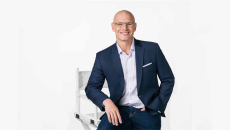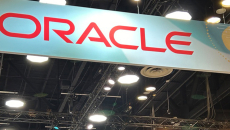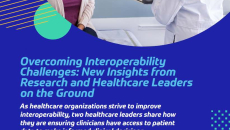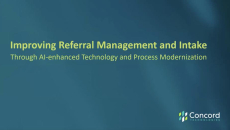Interoperability
Patients from five of the health system's hospitals will now have access to University of Utah Health providers and resources through the new community-based partnership.
SPONSORED
When healthcare organizations require multiple public cloud providers, leveraging them in a strategic fashion improves overall efficiency, performance and security.
What's more, the 2024 Compass Survey from symplr finds that 85% of clinicians say they lose more than an hour each day to administrative tasks – time that could be used for patient care if the right technology was in place.
SPONSORED
As healthcare organizations grapple with rising costs and evolving payment models, achieving positive margins is more critical than ever.
New data elements related to social drivers of health, such as referrals to social services, improve standards-based information exchange with electronic health records, it says.
EHR customers could take part in the direct sharing of health information – including X-rays and MRIs – between providers, payers, government agencies and others under the TEFCA nationwide interoperability framework.
The electronic health record vendor group was founded two decades ago with a bold premise: competitors working collaboratively to identify issues related to software development and functionality for EHRs and to further the initiatives laid out by HHS.
The electronic health record giant says that it did not violate federal law prohibiting unfair business practices when it raised concerns about certain patient data requests over the Carequality interoperability framework.
SPONSORED
When hospitals and health systems can integrate pertinent patient data into electronic health records (EHRs), they can deliver better patient outcomes at lower costs. However, managing unstructured patient data such as medical images and scanned records from outside providers poses a challenge to achieving this goal.
SPONSORED
In this webinar, Intake leaders from three US Healthvest facilities share their experiences in addressing administrative bottlenecks associated with referral management. The panel details their journey from manual processes to leveraging cutting-edge technology to achieve efficient patient intake, resulting in double-digit increases in census, reduced wait times, and happier staff.












